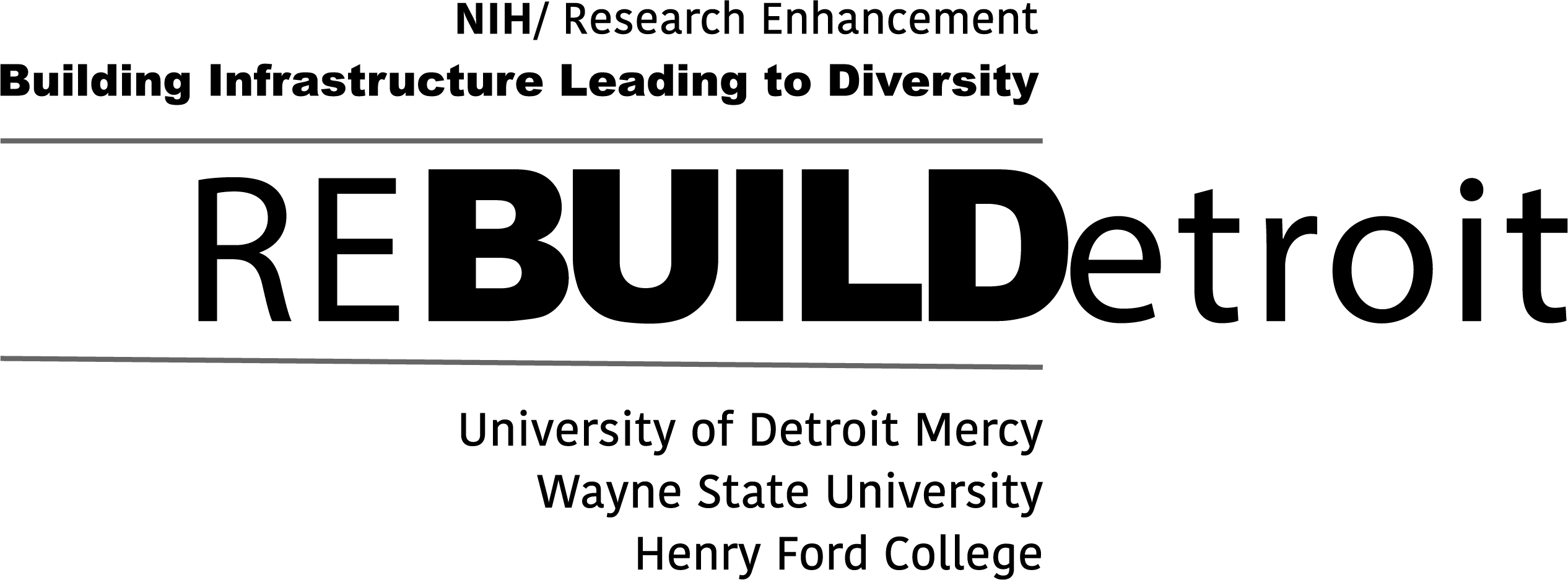The National Institutes of Health (NIH) Common Fund within the Office of the Director developed the BUILD (Building Infrastructure Leading to Diversity) Program to respond to challenges identified in the 2012 U.S. Biomedical Workforce Report of the Advisory Committee to the Director. The report cited the lack of students from underrepresented backgrounds being trained to enter and succeed in careers in biomedical research. “Nationwide in 2010, 36.5 percent of African-American incoming freshmen intended to major in a biomedical related field, but that same year only 8.6 percent of those students ultimately earned bachelor’s degrees in any STEM field.” In addition, underrepresented students have little connection to the biomedical field other than that of nurses and doctors, as well as little understanding about the job of research scientists.
NIH defines underrepresented students in biomedical research as the following racial and ethnic groups: African Americans, Hispanic Americans, Native Americans/Alaska Natives who maintain tribal affiliation or community attachment, Hawaiian Natives and natives of the U.S. Pacific Islands. In addition, it is recognized that underrepresentation can vary from setting to setting and individuals from racial or ethnic groups that can be convincingly demonstrated to be underrepresented by the grantee institution may be included in the recruitment and retention plan. Individuals with disabilities are defined as those with a physical or mental impairment that substantially limits one or more major life activities.
